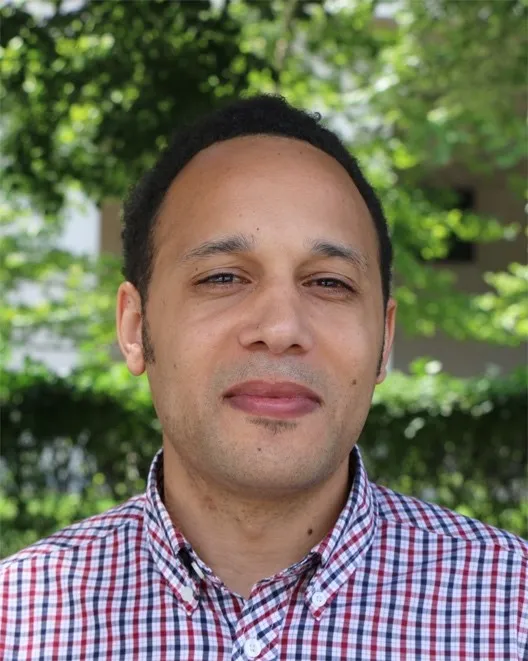
Alvin Pearman, Assistant Professor of Urban Education at the University of Pittsburgh’s Center for Urban Education
The experimental evidence for the positive long-term effects of preschool comes from a small set of interventions implemented in confined geographical areas. For instance, the Perry Preschool Project, commonly cited as a model of effective pre-k, served low-income children living in the attendance zone of a single elementary school in Ypsilanti, MI. In contrast, states looking to expand access to prekindergarten for large segments of their child population will need to accommodate children living in neighborhoods that differ markedly from one another. Yet, researchers have largely assumed away what these neighborhood differences might mean for preschool effects. This talk revisits data from a randomized control trial of the Tennessee Voluntary Prekindergarten program and presents new evidence on the impacts of pre-k on 3rd-grade achievement using administrative data on children’s neighborhood environments. Results indicate that pre-k significantly improved 3rd-grade reading achievement for children living in high-poverty neighborhoods. The treatment effects were substantial: among children living in high-poverty neighborhoods, those who took up an experimental assignment to attend pre-k scored 0.5 standard deviations higher on average than the control group in 3rd grade. In contrast, pre-k attendance had, if anything, a negative effect on 3rd- grade reading achievement among children living in low-poverty neighborhoods in Tennessee, perhaps due to the quality of alternative care arrangements. This talk underscores that efforts to expand pre-k to broader populations of children should double down on efforts at identifying where effects might be maximized.
Francis A. Pearman is an Assistant Professor of Urban Education at the University of Pittsburgh’s Center for Urban Education. His research and policy interests concern social inequality, racial stratification, and education in the contemporary U.S. city. He has focused on such topics as the relationship between school choice and urban redevelopment, effect persistence in early childhood education, school discipline disparities, the educational impacts of gentrification, and gang activity in schools. His research has been published in a variety of academic journals, including Sociology of Education, Review of Educational Research, and American Journal of Criminal Justice, and has been featured in a variety of media outlets, including The Atlantic and CityLab. Pearman holds a Ph.D. and M.Ed. from Vanderbilt University, and a B.S. from the University of Virginia.
